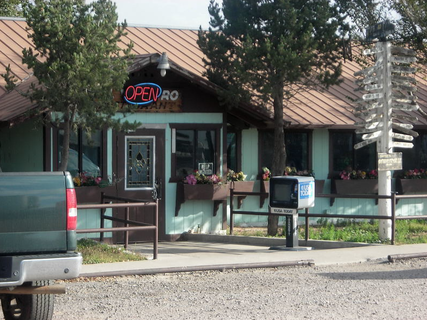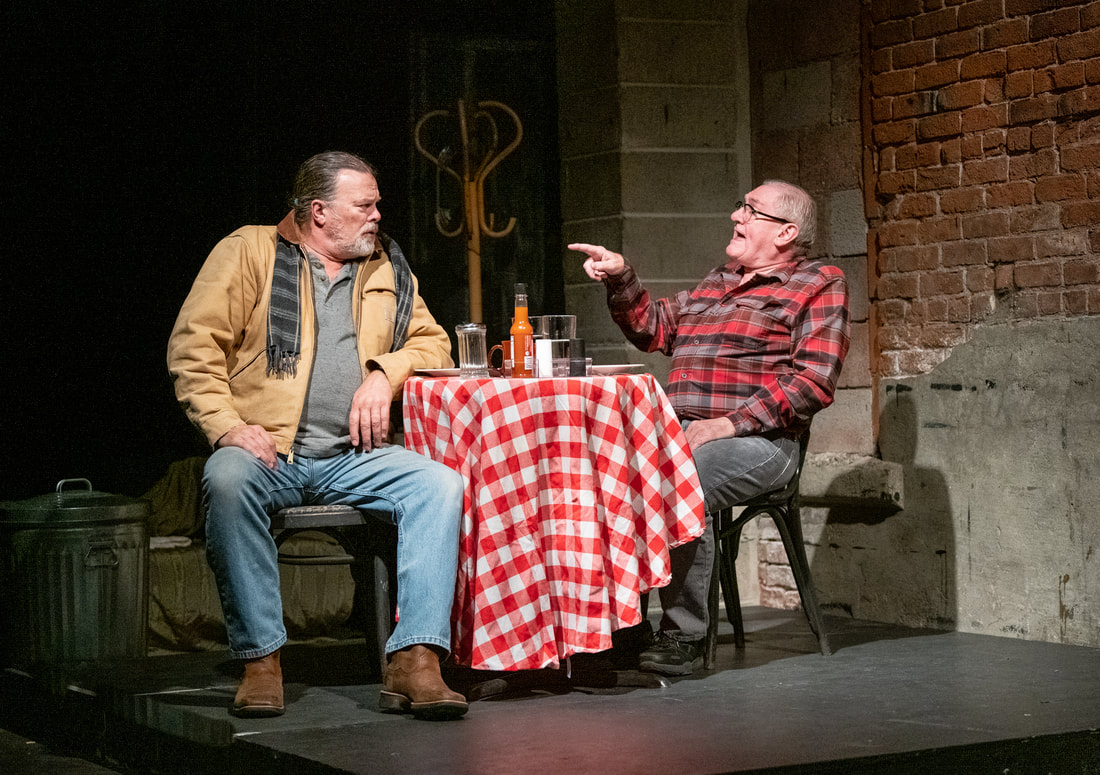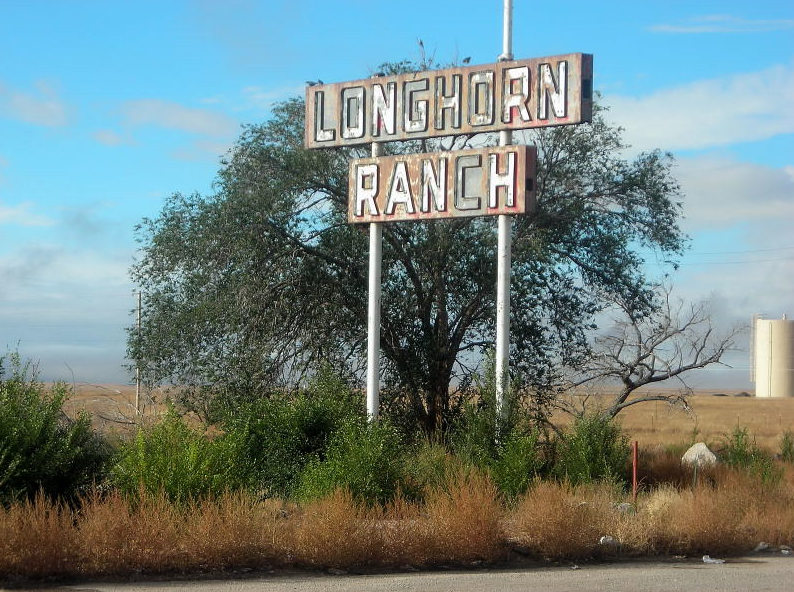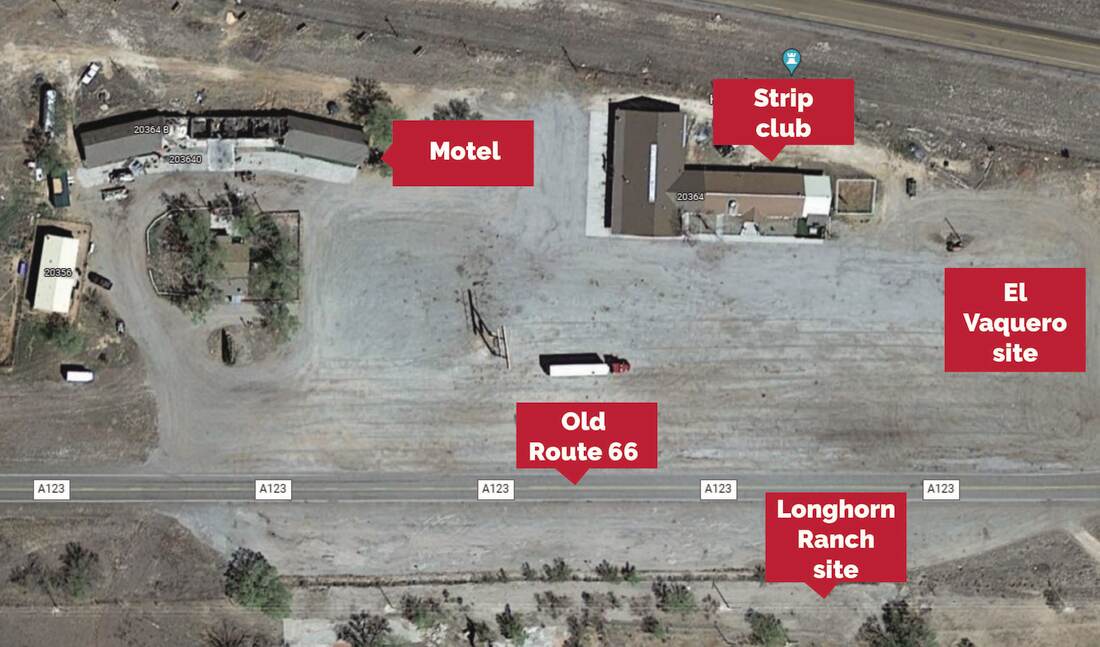|
11/4/2023 0 Comments Saturday Morning Craft Talk......if you'll indulge me. Tonight, Yellowstone Repertory Theatre wraps up its nine-performance run of Straight On To Stardust, my first full-length play. To say it's been a privilege would be a damnable understatement. To say it's been fun would be to undersell the word. To say I'm going to miss it... Well. Yeah, I will. I hope this isn't the end, but if it is, I couldn't have enjoyed nine days and nights any more than I have, and I certainly couldn't have seen my play taken on a maiden voyage by any group more loving and talented than the YRT ensemble and its intrepid leader, Craig Huisenga. I'm a writer, so I'm not terribly unusual in that I want nothing more than to undertake the next writing project. Another play, perhaps. Maybe a novel. A short story. I don't know. The idea will tap me on the shoulder soon enough, and I'll be in my seat, doing what I do. In the meantime, I'd like to see where else Stardust might alight. Have some ideas? Talk to me. Want to download the media kit and read an excerpt, see some photos, read some reviews? Have at it. But about that craft talk... Occasionally, I'll read a book review, or even the book itself, and the reviewer and/or I will be awed by the incredible sweep of a story, how it captures an era or a movement or a moment in our lives, and I'll have that inevitable feeling of being unworthy: How, I'll wonder, can I call myself a writer of fiction when I lack the imagination to conjure a story that so richly conveys detail and so expertly takes in such abundant themes? This is doubt, by the way, standing on the shoulder and whispering poison into the ear. The problem: Those in the throes of such doubt often lack the ability to stand back and gain perspective in the moments when they most need it. So we ask ourselves why we should bother when someone else, or many someones else, do it so well. In my calmer, less doubt-ridden moments, I'm able to center myself in this truth: I am not, as yet, a writer of sweep. I am a writer of the interior, in ceaseless exploration of fear and sloth and errant motivation and mistrust and love and betrayal and every possible in-between that makes us maddeningly human. I write from the inside out to better understand not just others but myself. Maybe, ultimately, especially myself. On that subject, I am taking a lifelong postgraduate course from which there is no bestowing of a diploma. There is only the next lesson. I've been thinking of these things a lot in these past few weeks of repeatedly watching Straight On To Stardust play out in front of me. This is a story of family fractures and of interior lives that are explosive in combination: a son who misses his mother and stretches out, flailing, for his father; a daughter who searches for a way in with her inscrutable dad; an ex-wife who still loves the man who denies her intimacy; a friendship held, frozen, in time and the cosmos.
When you reside in the interior and work from there, you discover, eventually, that most of the scary things behind the door you keep trying to bust down have their roots in childhood. Anybody who's been in therapy knows this; it's why counselors start there as they help their patients tunnel into the now. Generational trauma flows from child to child, often through the clearinghouse of adulthood. When we don't handle our shit, we roll it downhill to the next person. Someone, eventually, tries to pay the overdue bill. It's a hell of an inefficient way of living, with incalculable damage inflicted in the main and on the margins, but here we are. Again and again and again. It doesn't take much imagination to consider how these interior damages have great reach beyond our own lives. How might the life of one particularly public narcissist have gone differently had he been hugged more often by his father or been told that he was loved? Or let me take this to an intensely personal place: Why did I equate love with eventual abandonment throughout my 20s and 30s and 40s? (It's rhetorical, this question. I know the answer. I know it now. I learned it the hard, necessary way in my mid-40s.) It's a hell of a thing, this trauma. It's given to us, in most cases. No instructions, no way of opting out, here it is, and it's ours to carry. It often happens when we're young, but there comes a time when that's no longer an acceptable excuse for our clinging to it. Yeah, we were just kids, and yeah, it should have gone another way, but it didn't, and now the onus is on us to not inflict it on someone else. You up for that, the responsibility of that? Some of the most wrenching, yet illuminating, stretches of my life have come while I strained to get to yes when faced with that question. It's why I write. To hold these things up to the light. To understand them. Sweep? I'm not thinking about sweep. I'm thinking about getting through this life. How do I do that? How do the characters I'm living with do that? Can I listen closely enough, feel acutely enough, be compassionate enough on their journey? Can they find their way through? Can I help as I walk with them? I want to. I need to.
0 Comments
11/3/2023 3 Comments Time Takes Another OneA little story, straight out of 1984, before I get to the other story, straight out of today ... I spent the summer of 1984 in Moriarty, N.M., about 40 miles east of Albuquerque, living with my dad and his then-wife, with whom he was at the tail end of a second go-round at marriage. (They'd originally married in 1975, then divorced four years later, the precipitating event of which was an argument after she had asked me to clean something up and he'd told her to do it herself, so ask me sometime how long it took me to get over the idea that I'd been the reason for the bust-up. Anyway, I digress. They remarried a year or two after that, but by 1984 they'd renewed acquaintance with just how profoundly ill-suited they were.) The arrangement—my spending the entire summer with them—was the resumption of an every-year appointment that came out of my folks' 1973 divorce. It had been put on hiatus by Dad's bankruptcy and money struggles the year before, when he just couldn't dig deep for a plane ticket for me and two months' worth of sustenance. Two years later, I'd interrupt that appointment myself by deciding that, at age 16, I didn't want to leave my hometown for entire summers anymore. Too many friends, too many girls to chase, too much dough to make bagging groceries and slinging hamburgers and such. But 1984? In 1984, I was eager to see him again. Dad, who'd made a lot of money in the drilling business when times were good—made a lot and burned through a lot, a la the nouveau riche—was barely hanging on now. The oil economy had tanked, and he was trying to make his monthly nut by digging water wells, an unsustainable ambition. He would lose the drilling rig to repossession the following year, along with his marriage and most of what meager amount of money he'd been able to stash away. If anything remained, his two-time ex-wife would clean him out for good, showing up one day in 1985 with her hand out, leaving Dad to fill it, then cry at the kitchen table, talking to a friend, lamenting, "When it's over, it's supposed to be over." But 1984? In 1984, he still had hope. More than that, he had me—a big kid, 14 years old, plenty strong, and well acquainted with the operation of a drilling rig. I could handle the dirty end of that particular work and at an hourly rate—zero dollars—that suited his upside-down financial situation. As a pimply faced teenager, I was conscripted into the drilling business.  The El Vaquero in 2006, some years after Merv had moved on. The El Vaquero in 2006, some years after Merv had moved on. We dug a lot of water wells that summer, most of them forgettable one-day affairs, and one of them that persists in memory through the nearly 40 years since. The reason for the persistence lies in the place, the people, and the circumstances of the dig, all of which lay bare why Dad was such a spectacularly failed businessman and so wildly popular at building the kind of hard-bonded lifetime friendships his son struggles to match. A Californian named Merv Gemmer had recently bought a piece of property about 10 miles east of Moriarty and gotten a whale of a problem in the bargain: He had New Mexico history—an abandoned roadside attraction called Longhorn Ranch that was shouldered right off old Route 66—and a thriving little truck stop cafe and a line of tidy motel rooms. He also didn't have a water source, having been forced to haul it in several times a week. That just wasn't going to work much longer, by his reckoning. He asked Dad to drill him a well. I can remember at least two dry holes, enough to compel any driller actually interested in remaining in business to cut his losses and say, "Hey, sorry, but I did my best." Not Dad. He'd given his word, and he understood Merv's plight, and he swore he'd hang in there until Merv had a well, all at the original quoted price. I know for a fact that Merv felt bad about that, but Dad wouldn't hear of amending their deal, so he at least made sure we were well fed. His homemade enchiladas from the El Vaquero restaurant were some of the best I've ever had, and for as long as Merv owned the place, you could see trucks filling his little parking lot. (Life hack: Pay attention to where the truckers eat when you're on a road trip. They know.) In the end, Merv got his water. Dad lost money on the deal, a lot of it, and he was in no position to take on that kind of financial burden. He ended up with a deep friendship, though, and I suspect he'd say that the nearly four decades since have paid off in bigger ways through that. He's probably right. It's been years since I, or Dad, have been back to that part of New Mexico. A Google maps search, above, tells me that the El Vaquero and the tidy little motel are mostly gone now, much like the Longhorn Ranch before them. A strip club built by subsequent owners still seems to be intact, pleasures of the flesh being more durable than pleasures of the palate, I guess. In 1984, the Longhorn Ranch remains were at least tactile—empty storefronts, broken windows, and the like. Merv eventually bulldozed the rest of it down, the same fate that apparently has befallen the old restaurant and should befall the motel, judging from the fire damage in the picture. Is water still pumping? Hard to know. The place looks pretty desolate. We dug Merv a good well in the end, one that pumped mightily, but nothing lasts forever, right? Which brings me to Merv Gemmer. Dad told me today that he died a few days ago. He said it in a matter-of-fact way, same as he's relayed the news about several other friends. That's the bargain. You either go before them and let them miss you, or you live long enough to mourn them. He said that last week he called Merv, who spoke wearily, then said he had to go lie down. "I'll call you back next week, Ron," he said, according to Dad.
That call won't be made. Dad doesn't betray much of how he feels about all this, but he doesn't have to. He hears the clock. There's been Covid, which knocked him down hard, and trouble with his blood pressure, and his kidneys are rebelling, and ... well, something's going to give, sooner than later given the hour. He thumbed through his phone and showed me pictures other friends, the ones still living, have texted to him. He tells me Charley Allen looks old, and I say, "Well, he should, he's two years older than you." He tells me the two women who lived next door to him 20 years ago, twins, look old, too, and I suppose they do juxtaposed against his memories, but they're younger than he is, anyway, and I wonder if he's looked in a mirror lately. But I don't say anything. It's needless, and chances are high it'll come out cruelly in his ears despite my intentions, so I just say, well, you've been lucky with friends, Pop. That counts for something. |
About CraigCraig Lancaster is an author, an editor, a publication designer, a layabout, a largely frustrated Dallas Mavericks fan, an eater of breakfast, a dreamer of dreams, a husband, a brother, a son, an uncle. And most of all, a man who values a T-shirt. Archives
July 2024
By categoryAll 600 Hours Of Edward And It Will Be A Beautiful Life Awards Books Bookstores Community Connection Craft Craig Reads The Classics Dreaming Northward Education Edward Adrift Family Geography History Libraries Memory Montana NaNoWriMo Northward Dreams People Plays Poetry Public Policy Q&A Social Media Sports Stage Texas The Fallow Season Of Hugo Hunter The Summer Son This Is What I Want Time Travel Work Writers Writing Archives
July 2024
|



 RSS Feed
RSS Feed